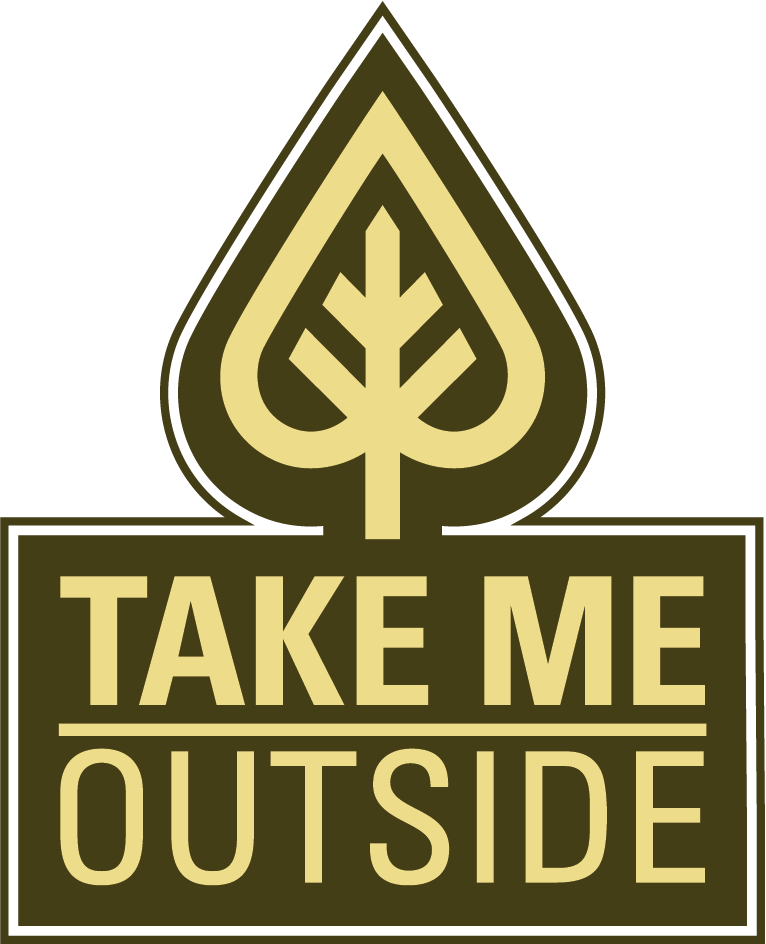43 results for group: indigenous-learning
First Nations Games and Environmental Connections
Time to get off your bums, because motion is lotion for the body. Come learn a series of First Nations games from around Canada that can be used in the classroom on a rainy day or preferably outside.
Using the experimental model that the wilderness speaks for itself. The games will show the environmental connection that First Nations have to the land and its animals. Plus the games are a lot of fun and using simple debriefing skills you can sneak in a element of environmental learning for your group. No fitness requirements, good for all ages, even old teachers. Bonus: 3 cool outdoor knots for the knot impaired.
Exploring Indigenous Ways of Knowing to Inspire Elementary Writing In/From Forest School
This workshop will lead participants through an interactive exploration into how using Indigenous ways of knowing and learning techniques in place-based outdoor education can be a springboard for exploring and creating written texts. A recipient of a McDowell Foundation Educational Research Grant, this session presents hands-on, evidence-based practices for educators that are based on: (1) Brayboy and Castagno’s recommendation that the “oral traditions and storytelling central to many tribal communities can and should serve as foundations for the written and text-based literacies required by and developed within schools” (p. 43); and (2) the ...
Decolonizing Maps, Indigenous Knowledge and Environmental Learning
Using the Indigenous Peoples Atlas of Canada (classroom edition), participants will learn ways to engage students in Indigenous perspectives and environmental issues. Suitable adaptations for grades 5+.
Land-based Play and Co-learning through Etuaptmumk/Two-Eyed Seeing
Discover the transformative power of Etuaptmumk/Two-Eyed seeing in Early Childhood Education (ECE) in our immersive workshop. Participants will embark on a journey to cultivate ethical space on the land while weaving together Indigenous and non-Indigenous worldviews. Through engaging land-based play experiences, participants will explore the interconnected web of knowledge and learn to braid the gift of multiple perspectives with intentionality. The workshop will offer an opportunity to embrace wholistic learning, (re)connect with Aki/Land, and develop culturally appropriate pedagogical practices. Join us for an enriching experience that promotes ...
Walking Together: (Re)Connecting to the Land through Storytelling
Join us for an interactive storytelling of a new picture book, 'Walking Together,'
co-written by Elder Albert Marshall and Louise Zimanyi, illustrated by Emily Kewageshig (Annick Press, 2023). Grounded in Etuaptmumk/Two-Eyed Seeing (in Mi'kmaq), the gift of multiple perspectives, follow young children connecting to the Land as spring unfolds with Robin's return, Frog's croaking and Maple tree's gift of sap. Through art and conversation, we explore how braiding Indigenous and non-Indigenous ways of knowing together through responsible and reciprocal relationships benefits all.
Beyond Outdoor Education: Nurturing Relationships Through Land-Based Education
SIIT is offering land-based camp opportunities to Early Childhood Educators from across the province. The goal of the program is to enhance the understanding of land-based education and provide practical strategies for engagement at local childcare centres. The skills learned in these sessions can be used in a broad range of settings such as daycares, preschools, and elementary schools. This session will outline our land-based camp approach and provide opportunities to practice some of the skills that a participant will take part in.
Walking Together: (Re)Connecting to the Land through Storytelling
Join us for an interactive storytelling of a new picture book, 'Walking Together,'
co-written by Elder Albert Marshall and Louise Zimanyi, illustrated by Emily Kewageshig (Annick Press, 2023). Grounded in Etuaptmumk/Two-Eyed Seeing (in Mi'kmaq), the gift of multiple perspectives, follow young children connecting to the Land as spring unfolds with Robin's return, Frog's croaking and Maple tree's gift of sap. Through art and conversation, we explore how braiding Indigenous and non-Indigenous ways of knowing together through responsible and reciprocal relationships benefits all.
Two Eyed Seeing
The Mi’kmaw guiding principle of Etuaptmumk, or ‘Two-Eyed Seeing’, coined by Elder Albert Marshall and Dr. Murdena Marshall, teaches us to see from one eye with the strengths of Indigenous knowledge and ways of knowing, and from the other eye with the strengths of Western knowledge and ways of knowing. In this workshop we will explore and show how Etuaptmumk can be authentically woven into our environmental and climate change teaching for the benefit of all students.
Applying ourselves to listening to place: Learning by doing
Listening engages all the senses, and of course, the heart. The workshop introduces key points about the lost connection with land, and the ability to listen. Educators are encouraged to consider the subtleties hiding in their language towards land, as well as habits with regards to outdoors as a learning space. We will explore ready-to-use lessons/activities where senses and Indigenous learning principles are central, and where land and more-than-humans feature prominently. These lessons highlight Indigenous languages, and tie to essential self-assessments. Join in this fast-paced adventure!
Indigenous Games
Nature Saskatchewan and SaskOutdoors will share their experience of discovering their role in Truth and Reconciliation in their community through outdoor and place-based education programs. They will discuss cultural appropriation and the knowledge that was shared with them by Knowledge Keeper, Alphonse Obey from the Pasqua First Nation. Participants will learn about the cultural traditions of several Indigenous games as well as create materials for your own use of these games which were gifted to them to share with others.




